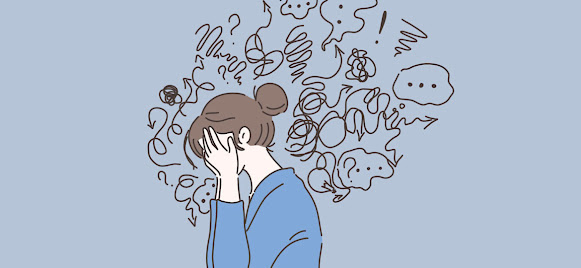Why Is It So Hard to Talk about Men’s Mental Health?

Mental health awareness has come a long way, but when it comes to men’s mental health, there is still a long road ahead. Men are often conditioned to suppress their emotions and put on a brave face, which can lead to serious mental health issues like depression, anxiety, and addiction. Talking openly about these struggles remains challenging for many men, leading them to suffer in silence. If you or someone you know is going through a tough time, seeking help from a psychiatrist in Bhopal can be the first step toward healing. Why Don’t Men Talk About Mental Health? 1) Social Stigma and Gender Expectations From a young age, men are often taught to be tough and resilient. Phrases like “boys don’t cry” and “man up” instill the notion that expressing emotions is a sign of weakness. This mindset makes it difficult for men to openly discuss their struggles with mental health, even when they are battling severe conditions like depression or addiction. ...












